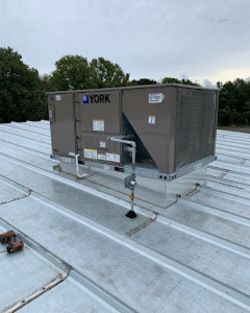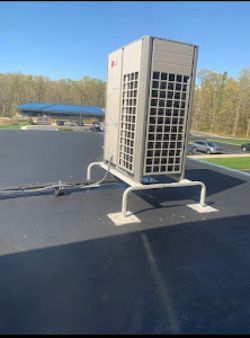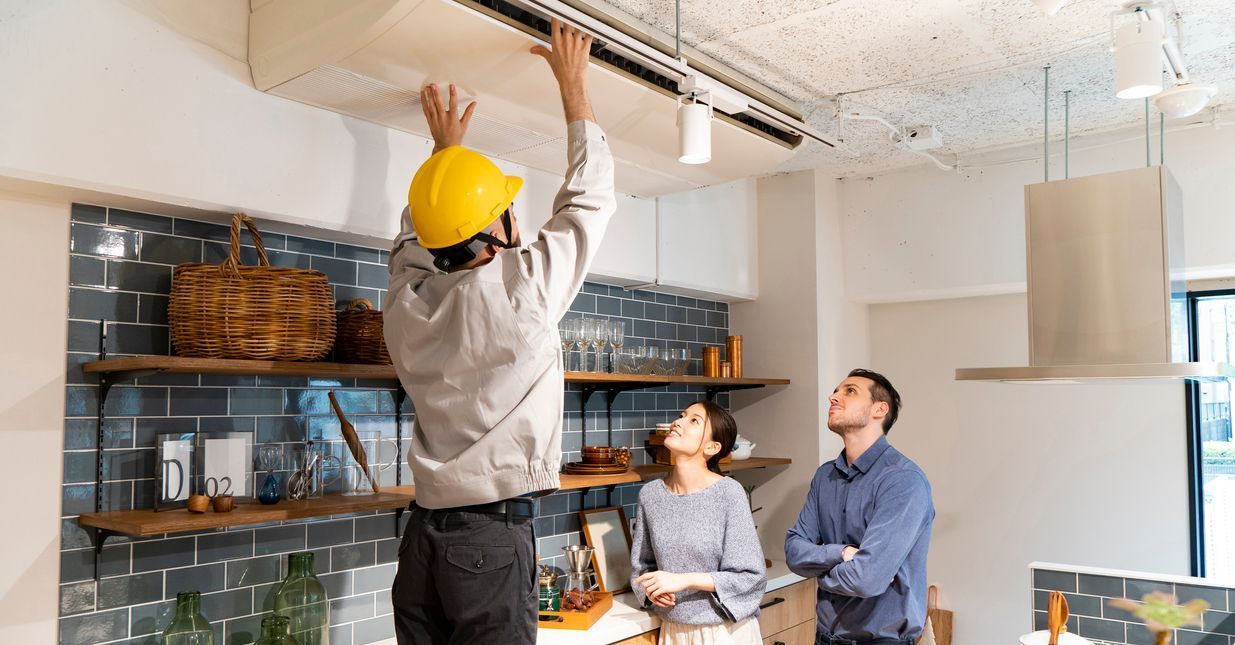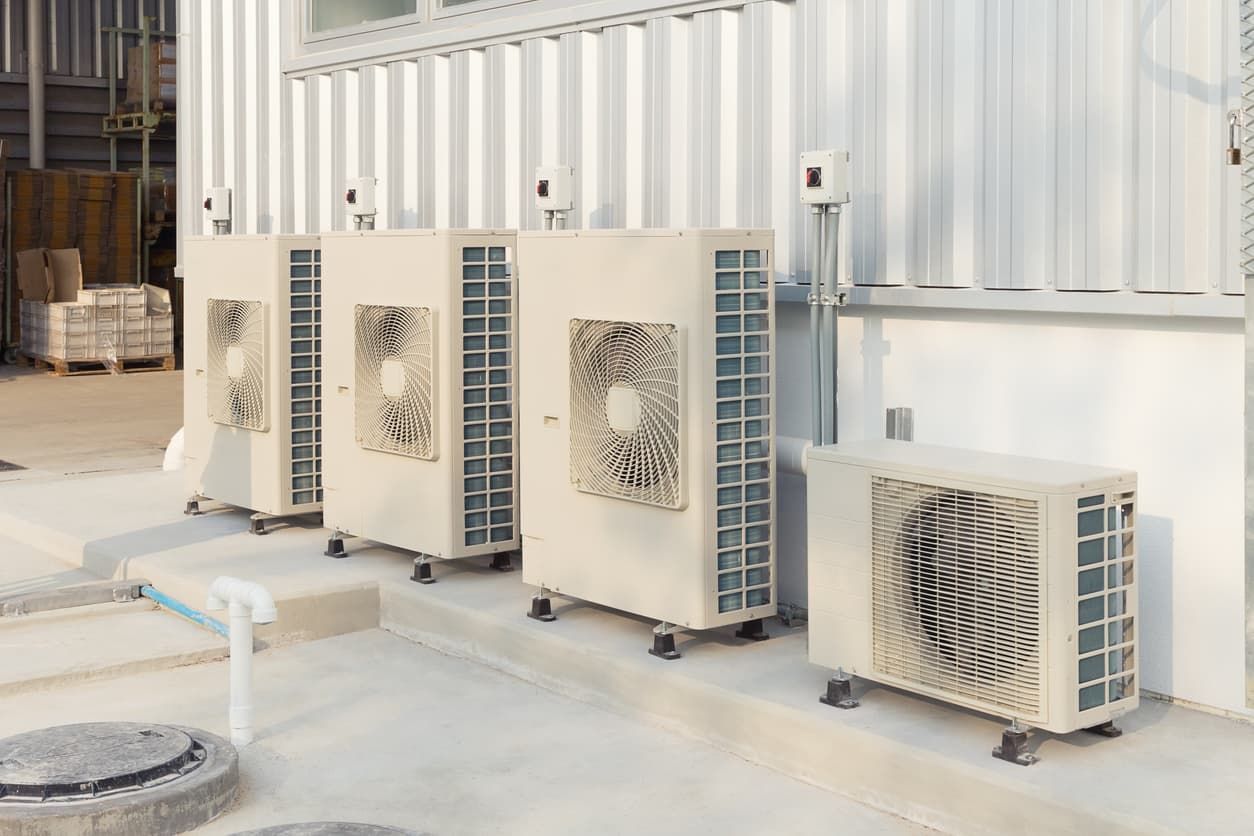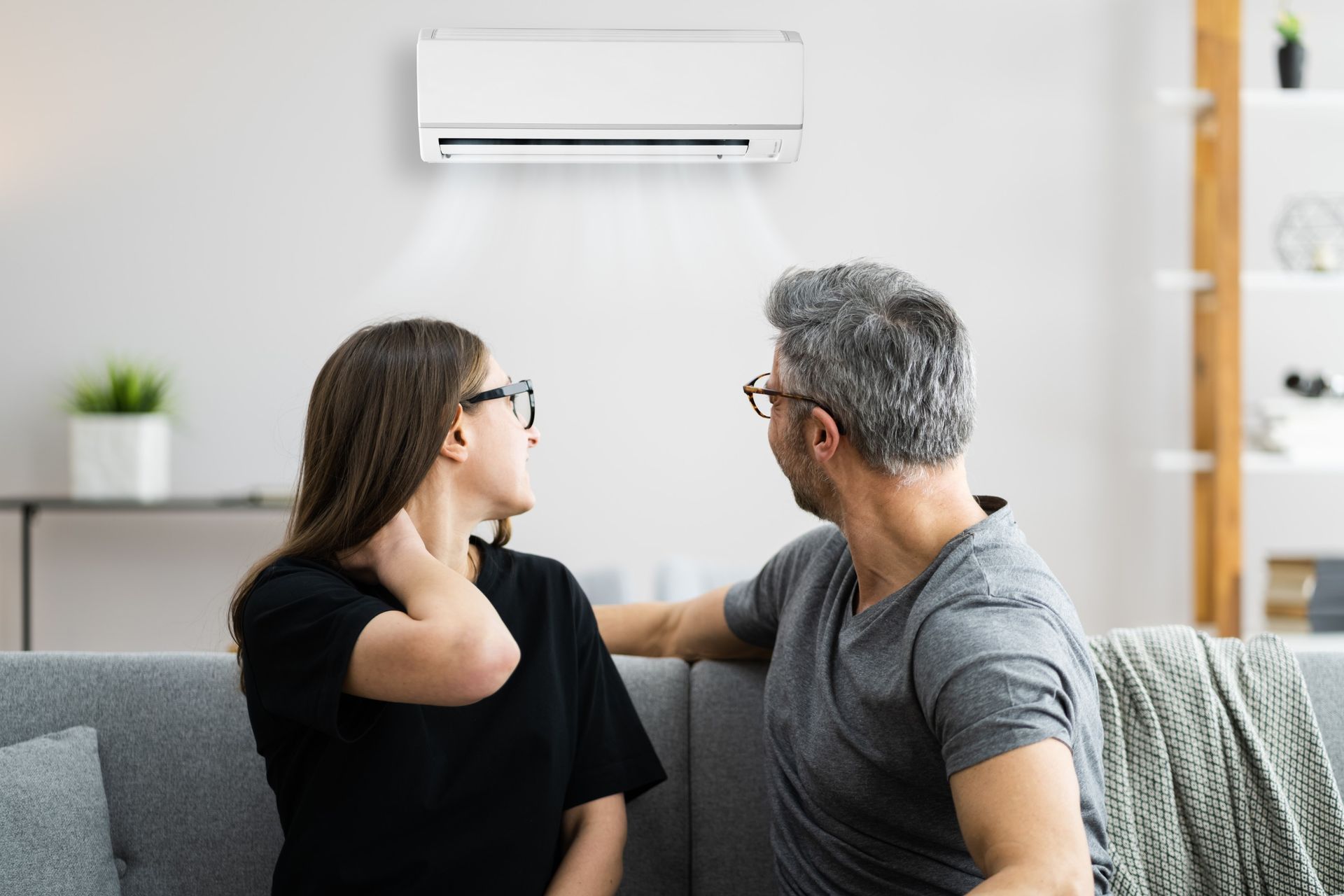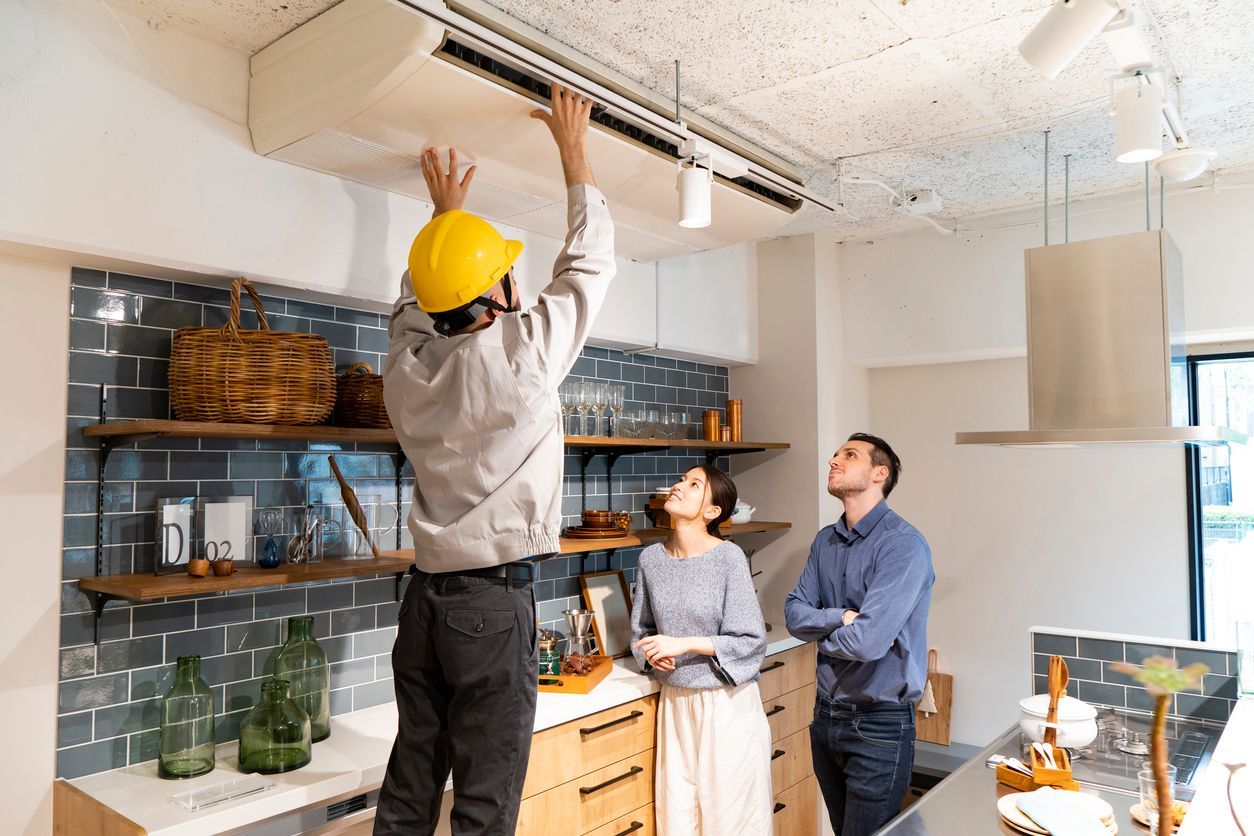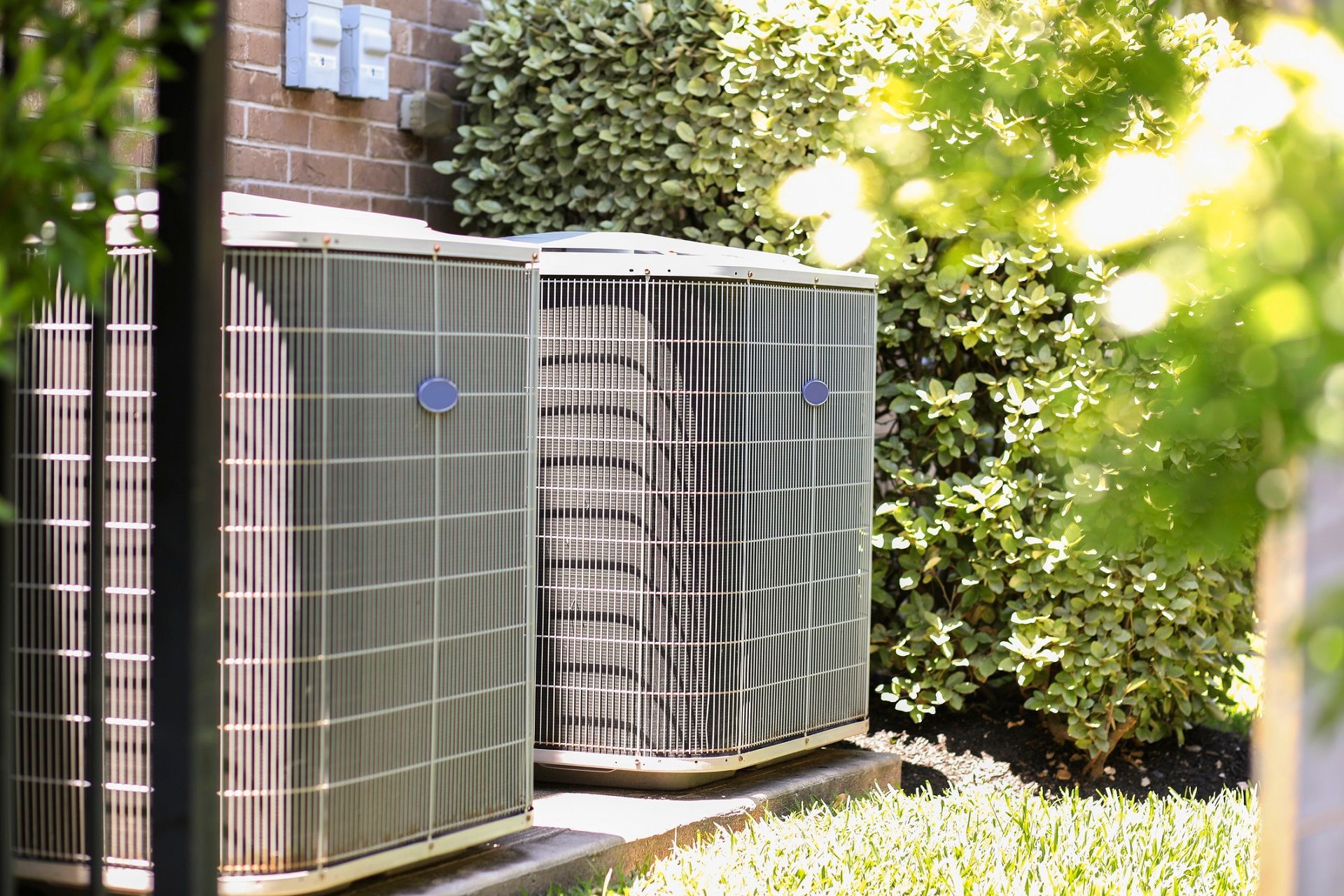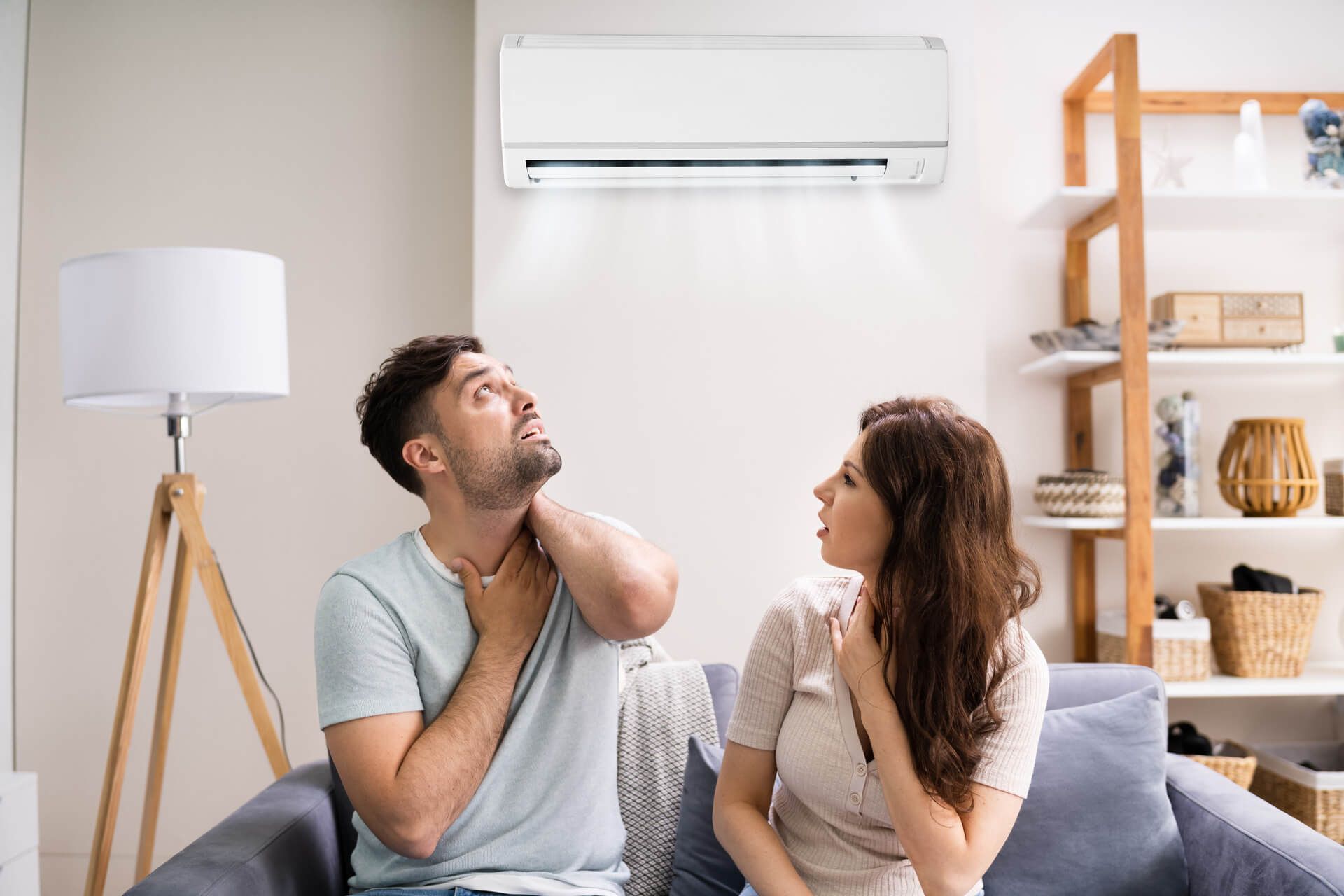How Seasonal Changes Affect Your HVAC System
As the seasons transition throughout the year, your HVAC system must adapt to fluctuating temperatures and weather conditions. These changes directly impact the performance and efficiency of your HVAC system. Understanding how seasonal shifts influence your system can help you maintain its efficiency, prolong its lifespan, and ensure your home remains comfortable. Whether you're considering an HVAC installation contractor in Vineland or scheduling regular maintenance, it's essential to recognize how seasonal challenges affect heating and cooling mechanisms.
An HVAC system plays a critical role in maintaining indoor air quality and thermal comfort. The heating component warms your home in the winter, the ventilation ensures proper air circulation, and the air conditioning provides relief during the hot summer months. Together, these components create a harmonious system that adapts to your comfort needs year-round. However, each season presents unique challenges that can strain your system. From the frosty chill of winter to the sweltering heat of summer, your HVAC system requires consistent upkeep to meet these demands effectively.
Let’s explore the intricacies of how seasonal changes impact your HVAC system and learn practical tips for ensuring it runs smoothly through every season.
Understanding Your HVAC System
The HVAC system is a complex arrangement of technologies designed to provide optimal indoor comfort. It comprises three primary components:
- Heating: Furnaces or heat pumps warm your home during colder months.
- Ventilation: Ensures air circulation, filters contaminants, and regulates humidity.
- Air Conditioning: Cools your home during warmer months.
Each component has a distinct role, working together to maintain a balanced indoor environment. For instance, the thermostat acts as the control center, adjusting the system based on your preferred temperature. Ductwork circulates conditioned air throughout your home, while air filters trap dust and allergens to ensure clean air.
As seasons change, your HVAC system’s workload shifts. In winter, the heating unit becomes the primary focus, while the air conditioning takes a backseat. In summer, the reverse occurs. The ventilation system, however, operates consistently to maintain air quality. Recognizing these shifts allows homeowners to plan maintenance and avoid unnecessary strain on their systems.
The Impact of Seasonal Changes on HVAC Systems
Winter
During the winter months, your heating system works overtime to maintain a cozy indoor environment. Cold, dry air can cause components like ductwork and seals to contract, potentially leading to leaks and inefficiencies. A neglected system may consume more energy and wear down faster, necessitating costly HVAC repair services.
Tips for Winter Maintenance:
- Replace Air Filters: Dirty filters can restrict airflow, forcing your system to work harder. Change them every 1-2 months for optimal performance.
- Seal Ductwork: Inspect ducts for leaks and seal them with foil tape or mastic sealant to prevent heat loss.
- Check the Thermostat: Ensure it’s calibrated correctly and consider upgrading to a programmable thermostat to optimize energy usage.
- Inspect Insulation: Add insulation to areas like attics and basements to minimize heat loss and reduce your system’s workload.
- Schedule a Professional Inspection: A trusted HVAC contractor Vineland can identify potential issues, such as worn components or reduced efficiency, before they lead to costly repairs.
Summer
In summer, the air conditioning unit bears the brunt of the workload. High temperatures and humidity levels can overburden the system, increasing the risk of breakdowns. If not properly maintained, the system may struggle to cool your home efficiently, leading to higher energy bills.
Tips for Summer Maintenance:
- Clean the Condenser Coils: Dust and debris can accumulate on outdoor coils, reducing efficiency. Use a hose to gently clean them.
- Check Refrigerant Levels: Low refrigerant can hinder cooling performance. A professional AC repair company can refill and check for leaks.
- Inspect the Blower Motor: Ensure the motor is functioning properly to maintain consistent airflow.
- Dehumidify: Use a dehumidifier to reduce moisture levels and prevent mold or mildew buildup in your HVAC system.
- Schedule a Maintenance Check: An experienced HVAC company can optimize your system’s performance and provide targeted recommendations.
Spring and Autumn
Known as the "shoulder seasons," spring and autumn present opportunities for preventive maintenance. With milder temperatures, your HVAC system operates at a reduced capacity, making it an ideal time for inspections and repairs. These seasons also bring their own challenges, such as allergens in spring and fluctuating humidity levels in autumn.
Tips for Spring and Autumn Maintenance:
- Replace Air Filters: Pollen and allergens can clog filters during spring, reducing air quality and efficiency.
- Clean Ducts: Remove dust and debris that may have accumulated during the off-season.
- Test the Thermostat: Ensure it’s functioning correctly and adjust settings to prepare for upcoming seasonal demands.
- Inspect Outdoor Units: Clear away leaves, twigs, and debris to prevent blockages.
- Schedule Preventive Maintenance: Use this time to book an inspection with reliable HVAC installation contractors to prepare for extreme weather.
Maintaining Your HVAC System Throughout the Seasons
Routine maintenance is essential to ensure your HVAC system performs efficiently year-round. Here’s how you can keep your system in top shape through each season:
- Regular Inspections: Schedule inspections at the start of each season to address seasonal demands. Before winter, ensure your heating system is ready to combat cold temperatures. Before summer, focus on preparing your air conditioning system to handle heat and humidity.
- Professional Servicing: While DIY maintenance is helpful, professional servicing is indispensable. Experienced technicians from an HVAC repair company can perform comprehensive checks and repairs, ensuring your system operates at peak efficiency. They can also offer insights into energy-saving practices and address issues like uneven airflow or outdated components.
- Preventive Measures
- Replace air filters regularly to maintain air quality and system efficiency.
- Clean ducts to prevent clogs and improve airflow.
- Check and calibrate thermostats for accurate temperature control.
- Energy-Efficient Upgrades Consider upgrading to energy-efficient components or systems. For instance, modern HVAC installation contractors offer smart thermostats, energy-efficient heat pumps, and advanced AC units that save energy and reduce utility bills.
Energy Efficiency and Seasonal Changes
Seasonal transitions have a significant impact on your HVAC system’s energy efficiency. Systems often consume more energy during extreme weather conditions to maintain a comfortable indoor environment. This can strain your system, leading to higher operational costs and potential breakdowns.
Improving energy efficiency is key to mitigating these effects:
- Winter: Use a programmable thermostat to lower the temperature when you're away or sleeping. Seal windows and doors to prevent heat loss.
- Summer: Close blinds during the day to block out heat and use ceiling fans to circulate cool air.
- Year-Round: Regular maintenance, including cleaning and replacing air filters, helps your system run efficiently.
Working with a trusted HVAC installation contractor can provide tailored solutions to enhance your system’s efficiency. Upgrades like energy-efficient HVAC units or improved insulation can significantly reduce energy consumption and costs.
Choosing the Right HVAC Partner
To ensure your HVAC system operates smoothly, it’s crucial to partner with reliable professionals. Whether you need HVAC repair services, AC repair, or a complete system overhaul, selecting the right contractor can make all the difference. Look for companies with proven expertise, transparent pricing, and excellent customer reviews. A dependable HVAC contractor will prioritize your comfort and ensure your system is tailored to your specific needs.
Conclusion
Seasonal changes present unique challenges to your HVAC system, from winter’s freezing temperatures to summer’s blistering heat. However, with proactive maintenance and expert assistance, these challenges can be effectively managed. Regular tune-ups, energy-efficient upgrades, and timely repairs are essential for ensuring consistent performance and longevity.
For residents and businesses in Vineland, D'Amato Plumbing, Heating, and Cooling Inc. is your trusted partner in maintaining a comfortable indoor environment. With a reputation for exceptional service, this HVAC repair company offers a comprehensive range of services, including plumbing repair, AC repair, and HVAC system installation. Their experienced team ensures your system operates at peak efficiency, no matter the season.
Take charge of your HVAC system today by scheduling a maintenance check or exploring energy-efficient upgrades. With the right care and expertise, your HVAC system will provide comfort and reliability all year long.
Name, Address, and Phone
D'Amato Plumbing, Heating, and Cooling INC.
1200 West Blvd, Vineland, New Jersey, 08360,
856-556-3434
Social Media
https://www.facebook.com/DAmato-Plumbing-Heating-530817947105755/
